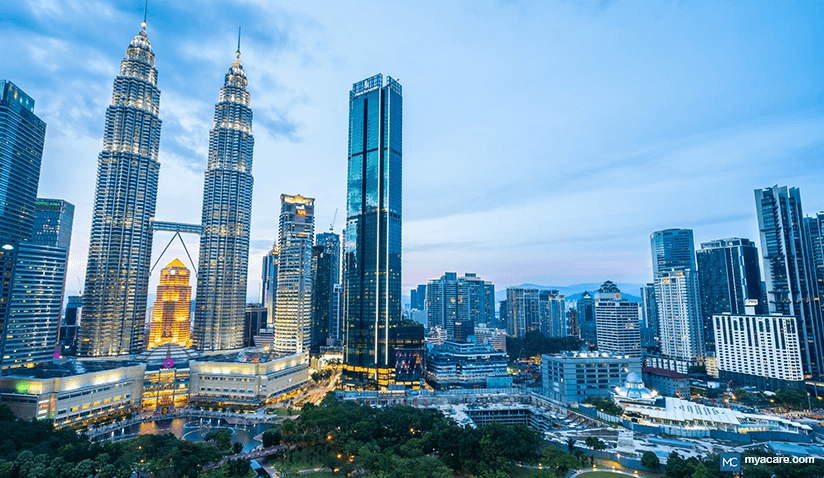5 Facts Tourists Need to Know About Healthcare in Malaysia

Updated 4th August 2023
As of 4th August 2023, there are no COVID-19 travel restrictions in Malaysia. If the situation changes, the article will be updated as necessary.
Medical tourism and healthcare in Malaysia have become booming industries ever since the Malaysian government redistributed the country’s taxes into improving national healthcare facilities. Since that time, people from neighboring Asian countries and all around the globe have been traveling to Malaysia for improved, cost-effective treatment. If you are one of many who are planning a trip in order to receive healthcare in Malaysia, then here are five facts you ought to take into consideration:
1. Mandatory Vaccinations Before Departure
Before you go get a slice of healthcare in Malaysia, you ought to make sure you have had vaccinations for the following:[1]
- Hepatitis A and B
- Yellow Fever
- Japanese Encephalitis
- Typhoid
Consult with your healthcare practitioner before you depart to find out which vaccinations are applicable to you. In a few instances, certain vaccines only apply if you are planning to visit rural areas of Malaysia or if your last vaccine was more than 5-10 years ago.
2. Public Hospitals Are Only Accessible to Locals
Healthcare in Malaysia is divided into the public and the private sector. Even though the public sector maintains good international standards in big city centers, these facilities are only available to Malaysian citizens[2].
While Malaysian nationals may receive cheaper treatments at these public facilities, private hospitals in Malaysia are still more cost-effective than opting for healthcare in the US. In many cases, the private sector also offers better doctors with a wider variety of specialties - at roughly a third of the price.
3. Avoid Treatment in Rural Areas
Rural areas in Malaysia are still in need of upgrading their healthcare facilities and as a result, the treatment you would receive there is likely to be of a poorer quality. It's best to stick to JCI accredited hospitals and health clinics in big city centers such as Kuala Lumpur and Penang, which maintain the strict global golden standard of universal healthcare[3].
4. Be Wary of Over Prescription and Counterfeit Drugs
There are two things that all foreigners seeking healthcare in Malaysia should be aware of: doctors that over-prescribe and counterfeit drugs.
Both of these problems have been more or less controlled in the last few years, but the possibility still exists. If you meet a doctor that prescribes many different kinds of medications, it is advisable to get a second opinion as the effects of taking too many drugs can sometimes have severe consequences.
Only buy your medications from reputable pharmacies and be wary of no-name brand generics which could be counterfeit medications in disguise.
5. International Insurance May Be Useful
As healthcare in Malaysia does not extend its policy to outsiders, having international insurance is advised. Although treatment in Malaysia comes at a fraction of the cost of healthcare in Western countries, insurance can still help you pay for unexpected medical costs. These may break the bank, especially if you only have a set budget for travel.
To search for hospitals in Malaysia, please visit MyaCare.
The Mya Care Editorial Team comprises medical doctors and qualified professionals with a background in healthcare, dedicated to delivering trustworthy, evidence-based health content.
Our team draws on authoritative sources, including systematic reviews published in top-tier medical journals, the latest academic and professional books by renowned experts, and official guidelines from authoritative global health organizations. This rigorous process ensures every article reflects current medical standards and is regularly updated to include the latest healthcare insights.
Sources:
Featured Blogs



